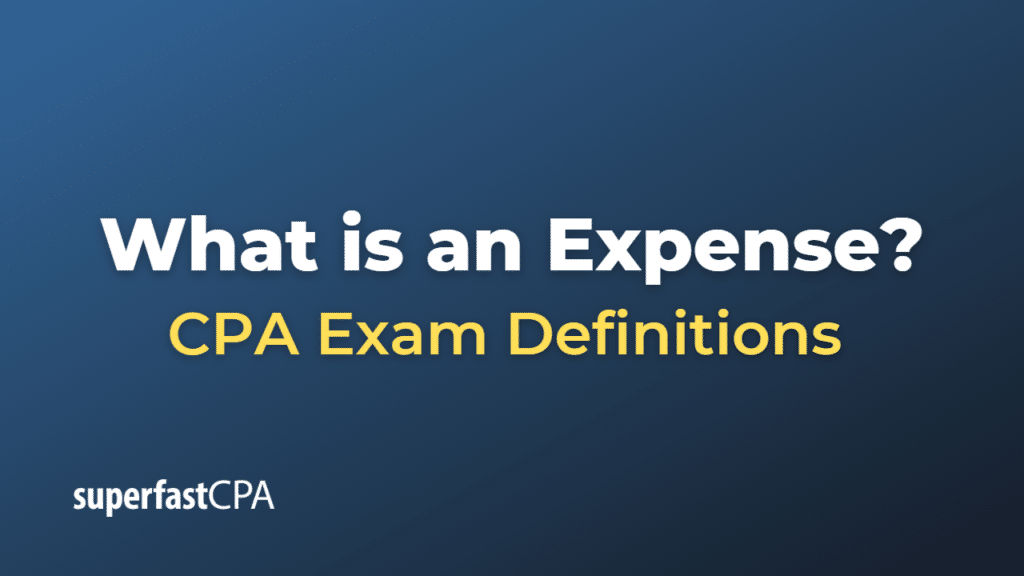Expense
An expense is an outflow of money or other valuable resources from a company or individual to another entity. It’s the cost incurred in the process of generating revenue or maintaining operations. Expenses are a fundamental part of the financial operations of a business and are accounted for in the income statement of a business.
There are several types of expenses:
- Operating Expenses: These are costs related to the core operations of a business. Examples include wages, rent, utilities, raw materials, and marketing and advertising expenses.
- Non-Operating Expenses: These are costs that are not directly related to the core operations of the business. They include interest payments on loans and losses from selling assets.
- Capital Expenditures: These are large investments in assets that will be used over the long term, such as buildings, machinery, and equipment. These costs are not expensed immediately; instead, their value is depreciated over the useful life of the asset.
- Extraordinary Expenses: These are costs that are unusual and infrequent, such as costs related to natural disasters or major restructuring activities.
Expenses are crucial to monitor and manage as they directly affect a company’s profitability. A company that efficiently manages its expenses can improve its bottom line and financial health.
Example of an Expense
Here’s an example of a small tech startup and its various expenses:
- Operating Expenses:
- Salary: They pay $10,000 per month to their employees.
- Rent: The startup rents a small office space for $2,000 per month.
- Utilities: They pay around $500 per month for electricity, water, and internet.
- Software Subscriptions: The company pays $1,000 per month for various software subscriptions needed for their work.
- Marketing: The company spends $3,000 per month on advertising and marketing to promote their products.
- Non-Operating Expenses:
- Interest Payments: The company took out a loan to start their business and now pays $500 per month in interest.
- Capital Expenditures:
- Computers and Equipment: At the start of the year, they invested $20,000 in computers and other equipment. This expense isn’t subtracted from revenue all at once. Instead, it will be depreciated over several years.
- Extraordinary Expenses:
- Pandemic-related Expenses: Due to the COVID-19 pandemic, the company had to spend an unexpected $5,000 on personal protective equipment and remote working setup for employees.
So, in a typical month (without extraordinary expenses), this startup has operating expenses of $16,500 and non-operating expenses of $500. The capital expenditure isn’t accounted for monthly but is depreciated over its useful life. Any extraordinary expense like the pandemic-related costs is accounted for separately. These expenses are deducted from the company’s revenue to determine its profit.













